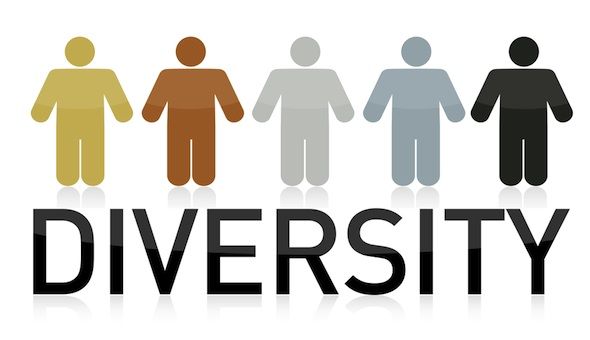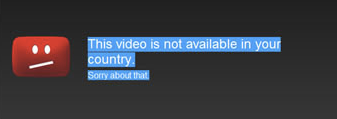Are your ears burning? Did you click on this title to find out what those awful non-Americans think Americans are doing wrong this time? If so, maybe this article is written for you more than you'd like to believe, whether you're American or not.
You see, there's a whole lot of ethnocentricity going on online and it's not just the Americans who are doing it. Yes, the Americans can look like the major culprits here, but mainly that's because there are so many of them represented online. The Brits, Aussies, Europeans and Indians are all a little ethnocentric too as are other minority and majority groups divided by race, religion or other things. Wherever there's a group representing a bunch of people, you're likely to find ethnocentric behaviour. And where better to see it all in action than in the melting pot of the web where people from all walks of life are thrown in together.
What Is Ethnocentric Behaviour?
Ethnocentric behaviour is not the same as racism or patriotism, although it's often found alongside both of these. Ethnocentricity is where any group of people compares themselves to outsiders by using the cultural norms of their own group, and often then surmise that they are superior to all others.
For instance, consider what would happen if a bunch of ballet dancers with their strict diets and exercise routines were to discuss a room full of geeks they just saw playing games and eating pizza. They'd probably be slightly repulsed and if they got into a conversation the dancers might suggest the geeks go for a walk or something.
Now, here's the trick: we're all ethnocentric, really. You grow up thinking what your family does is normal, then every single person you meet for the rest of your life either challenges or reinforces those beliefs.
1. Forgetting That Other Groups Exist In Your Audience
This sign of ethnocentrism denies other people are different and is mainly a problem when several large groups share a language. This means English speakers online suffer from this problem a lot.
Consider these headlines as Tweets: "Government Loses Billions In Petty Theft"; "Prime Minister Dead After Eating Airline Food"; "How To Prepare Your Taxes". Whose Government? Which Prime Minister? Which country's taxes? It's incredibly ethnocentric to presume all your readers online are from the same country as you. People omitting specific country details in headlines like this are basically implying that their country is so well represented online that they consider the rest of the planet is a minority.
Rose Tyler: If you are an alien how come you sound like you're from the North?
The Doctor: Lots of planets have a North!
2. Defence - Us Vs Them
Ethnocentric types don't seem to realise that it's possible to debate political topics without taking personal offence at the differences. If you're chatting online about healthcare, taxes or any number of things that are very different between countries, try to keep your discussion about the merits of the various models and methods available, rather than just saying "But our way is best". Face it, no country has got everything 100% right and every one of us would create a different utopia if we could. The best we can do is to listen, learn and teach others about how different things work or don't work in each country.
3. Entertainment Industry Ethnocentrism
Have you ever seen the "This XYZ Is Not Available In Your Country" messages? To many people viewing these it feels a little like an ethnocentric slap in the face from the big entertainment corporations and start-ups. It's not just any one country giving out these messages, but it's true that many of the corporations are American. Americans should therefore know that this is the message the rest of the world sees before they even consider what individual Americans say and do which may be considered ethnocentric.
4. Stereotyping And Making Derisive Generalisations
Stereotypes and other derisive generalisations are rife online, especially when it comes to other cultures and countries (such as propaganda). If you find yourself about to pigeon-hole someone according to their country of origin, consider that they've navigated to the same part of the internet. They've obviously got some similar tastes to you and could indeed be quite a lot like you.
How To Practise Ethnorelativism
If you want to keep your internet friends and don't want to succumb to ethnocentricism, there's a few things you can do:
- Accept that there are many different cultures represented online and that your worldview is just one of many valid worldviews.
- Adapt to real online multiculturalism.
- See the value in the variety of viewpoints and try to learn from them where you can.
- Consider that all internet users worldwide are integrated into an online society together.
Image Credit: ShutterStock, ShutterStock, ShutterStock





